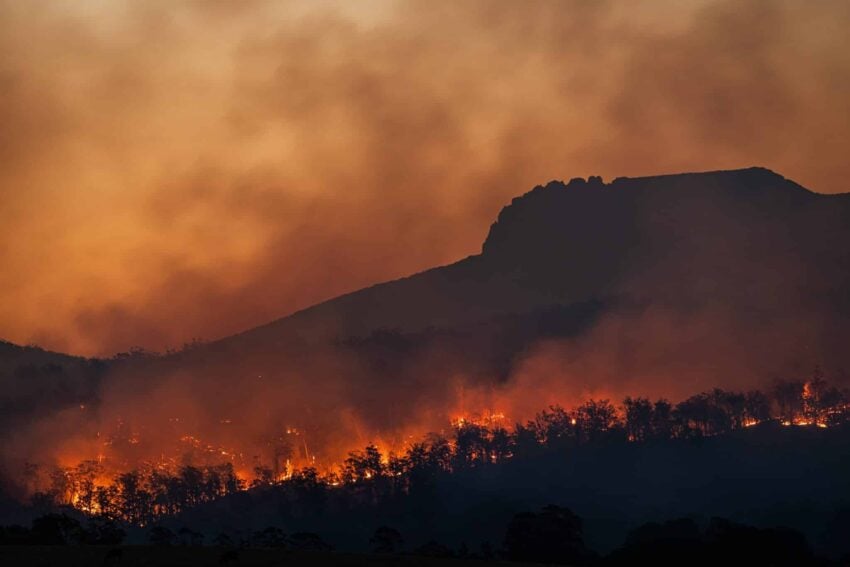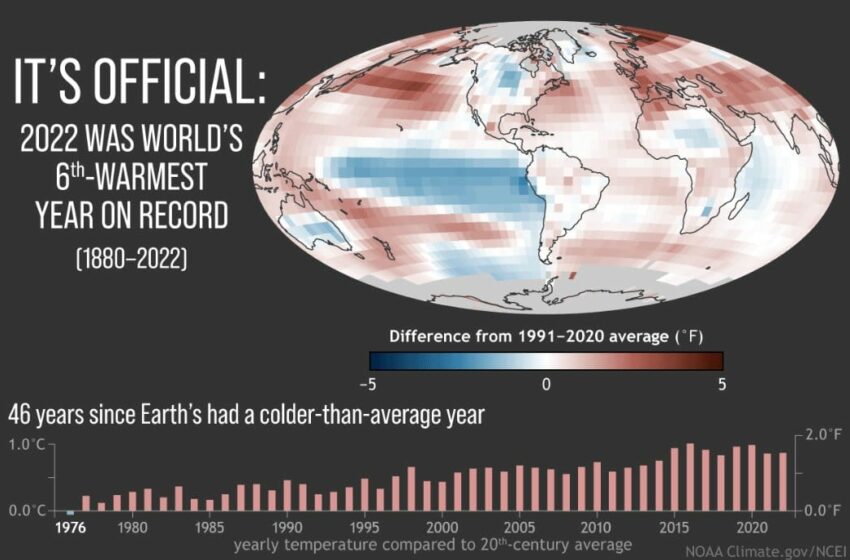
Pope Francis has issued a new apostolic exhortation, titled Laudate Deum (“Praise to God”), on the feast of his namesake, St Francis of Assisi.
The exhortation deals with the climate crisis and actions that can be taken to reduce fossil fuel emissions. This is slightly different to his 2015 encyclical Laudato Si’ which dealt with humans’ relationship to the environment more generally, and about the connection between environmental destruction and the suffering of the poor.
In Laudate Deum, Pope Francis provides an update on the situation eight years on from Laudato Si’ and the news is not good. The world is already in the early stages of climate catastrophe and the leading fossil fuel consuming countries are not doing nearly enough to tackle the problem.
While not named in the document, Australia deserves to be, as we are one of the highest per-capita fossil fuel users, thanks to our use of coal for energy generation. On top of that, we continue to mine and export coal as if energy transition has all the time in the world. It doesn’t.
We have already had the first taste of climate catastrophe in the 2019-2020 bushfires and the unprecedented flooding of 2022.
This year has been the hottest year on Earth in at least 100,000 years. Anyone who was in Europe mid-year will tell you how hot it was. Australia looks set for a record setting Summer ahead. These aren’t one-offs, they are just the beginning. If we do not stop burning fossil fuels, crises will only worsen each season, as scientists have warned us for decades.

Pope Francis calls for urgent action by governments, particularly at this year’s COP28 summit, and where governments are unwilling, he calls for civil society to push the agenda forward, observing that “civil society with its organisations is capable of creating effective dynamics that the United Nations cannot” (paragraph 37).
How do we in Sydney respond to this call? First, let’s put some numbers on it. The globally sustainable limit for CO2 emissions is 2.3 tonnes per person per year. Worldwide, the average is currently 4.8 tonnes per person per year (hence the crisis) but in Australia it is a whopping 15 tonnes per person per year, down only slightly from an all-time high of 18.5 tonnes in 2007.
We can do an awful lot better than this. Other similar economies are doing a lot better: New Zealand averages 6.8 tonnes. France, Hong Kong, Sweden and Switzerland, all highly developed economies, are just 4 tonnes per person. Sweden is particularly relevant since it too has a small urban area and a massive hinterland. If they can do it, we can.
Most of our CO2 emissions come from just two sources: coal-generated grid power followed by vehicles. Switching to other sources of electricity generation and replacing internal combustion engine vehicles will eliminate most—though not all—of our CO2 emissions.
This has been known for many years, while successive governments have dithered. The previous Liberal State Government and the current Labor State Government have both shown a serious commitment to moving away from coal. A significant hold-up is the need for new transmission lines. Coal-fired power stations tend to be built near coal mines, which are usually not the same places you can build large-scale renewable energy projects. Governments would prefer to build these transmission lines with the consent of rural landowners, but this has not proven easy. Still, one way or another, coal’s days are clearly numbered in New South Wales.
Vehicles are the next issue. Electric vehicles are beginning to take the world by storm now they have become less expensive, and the economics make sense for households. In fact, just five years from now, Sydney’s streets are going to sound very different. Every other new car and nearly all buses on the streets will be electric. Within the city limits, even the new regional trains will use overhead power lines rather than diesel engine power.
That’s the glass half full. In the short to medium term, ending fossil fuel power in houses, offices and vehicles will bring us a long way down from 15 tonnes per person but it won’t be enough to get us to the sustainable 2.3 tonnes or even to 4 tonnes; we still have issues with air travel, agriculture and general materialism, and this is where Pope Francis’s earlier encyclical Laudato Si’ comes in. In the end, people in high-consuming societies must accept that elements of our lifestyles are unsustainable. Driving an electric vehicle is better than driving an internal-combustion engine vehicle but leaving your car in the garage and using public transport or an e-bike or walking is even better.
The call in Laudato Si’, for all of us to live a less resource intensive lifestyle, hasn’t gone away. Pope Francis stresses this in Laudate Deum when he says that technology alone won’t save us; the problem is the belief that we can have infinite economic growth on a finite planet (paragraphs 20-21).
Here are four simple ways any of us can go further in answering this call:
- Reuse, repair, borrow. Many purchased items – particularly clothes – are discarded when still usable.
- Holiday domestically in between overseas trips. A return flight from Australia to Europe or North America emits 4 tonnes of CO2 per passenger. If you fly once every four years, you average just 1 tonne a year on air travel.
- Choose trains over airplanes where possible. Especially if you’re holidaying in Europe, where major cities are all connected by fast trains.
- Reduce red meat and dairy intake.
The best part is that you don’t have to do it all alone. Many Catholic parishes have Laudato Si’ Action Groups where parishioners can support and encourage each other and the broader community in this journey. The Justice and Peace Office can assist in establishing one.
Learn more: https://justiceandpeace.org.au/laudato-si-kit/
